Qatar appeals to EU for more action on Persian Gulf crisis resolution
A high-ranking Qatari official has called on the European Union to do more to resolve the ongoing Saudi-led diplomatic and trade boycott against his energy-rich Persian Gulf country.
Ali Bin Samikh al-Marri, chairman of the National Human Rights Committee (NHRC), urged the 28-member politico-economic bloc to avoid a neutral position vis-à-vis the crisis as such an approach would result in collusion and continued violations of human rights.
“We call on the EU to join international human rights organizations to support efforts for an immediate end to the siege imposed on Qatar,” he said.
Marri also pointed to a recent report by the UN High Commissioner for Human Rights that condemns abuses against Qatari people.
The senior Qatari official made the comments during his visit to France as he is on a European tour.
Last July, EU foreign policy chief Federica Mogherini called for direct talks to resolve the Persian Gulf crisis between Qatar and its neighbor states.
She called on “all the parties to enter into negotiations to agree clear principles and a roadmap for a swift resolution of the crisis.”
Saudi Arabia, the United Arab Emirates (UAE), Bahrain and Egypt all cut off diplomatic ties with Qatar on June 5 last year, after officially accusing it of “sponsoring terrorism.”

The administration of Saudi-backed and resigned Yemeni president Abd Rabbuh Mansur Hadi, Libya, the Maldives, Djibouti, Senegal and the Comoros later joined the camp in ending diplomatic ties. Jordan downgraded its diplomatic relations as well.
Qatar's Foreign Ministry later announced that the decisions to cut diplomatic ties were unjustified and based on false claims and assumptions.
On June 9, Qatar strongly dismissed allegations of supporting terrorism after the Saudi regime and its allies blacklisted dozens of individuals and entities purportedly associated with Doha.
On June 23, Saudi Arabia and its allies released a 13-point list of demands, including the closure of Al Jazeera television network and downgrade of relations with Iran, in return for the normalization of diplomatic relations with Doha.
The document containing the demands by Saudi Arabia, Egypt, the UAE and Bahrain also asked Qatar to sever all ties with the Muslim Brotherhood and the Lebanese Hezbollah resistance movement.
IRGC intel. chief: Enemies devised 7-stage plot for recent riots
Israeli minister calls to 'encourage' Palestinian exodus
VIDEO | Press TV's news headlines
VIDEO | Near breakdown: Generators in Gaza’s main hospitals
Israel razes apartments in West Bank, displaces over 40 Palestinians
Russia slams US, Israel over 'destructive policies,' warns strike on Iran could ignite region
UK drops aggravated burglary charges against 18 Palestine Action activists
VIDEO | Palestinian athlete and daughter hope to return to the track despite amputation


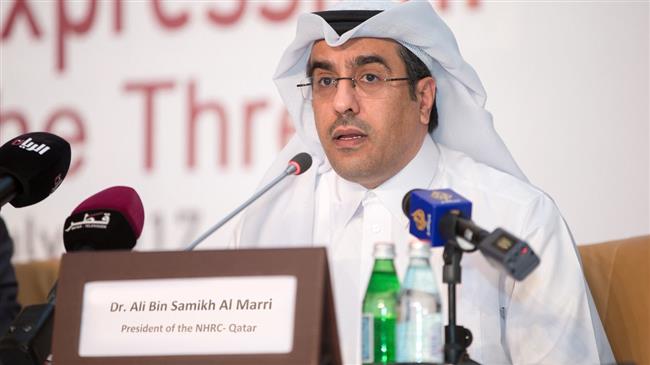
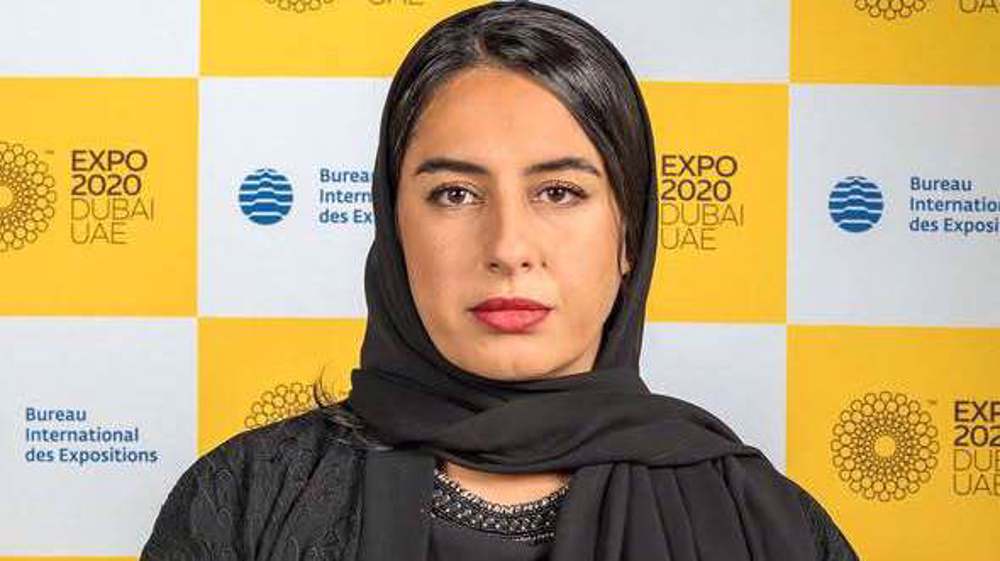
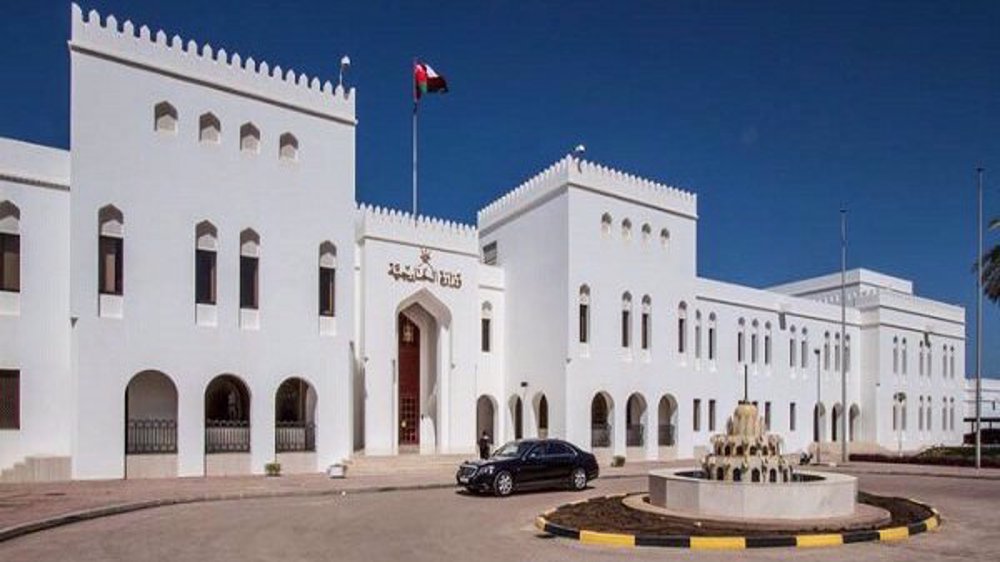
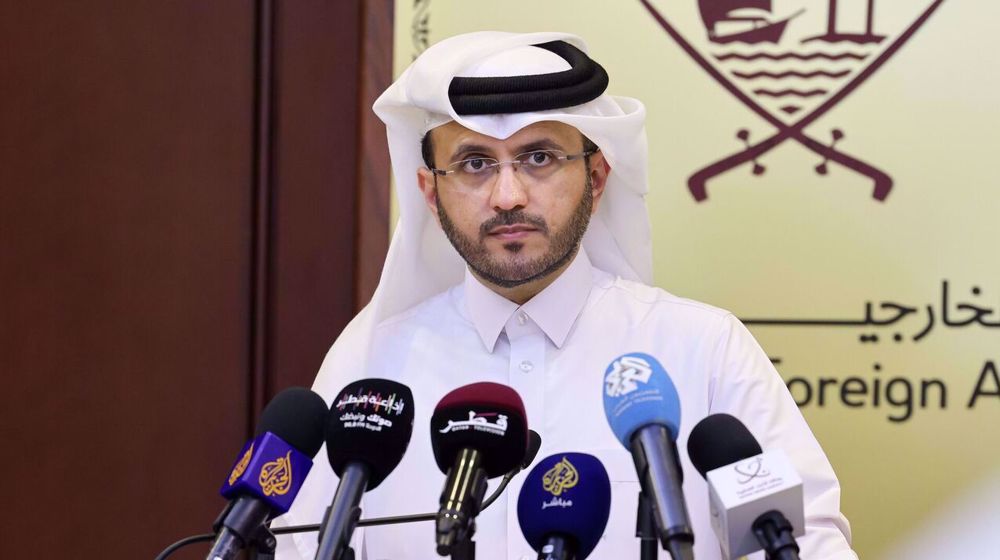




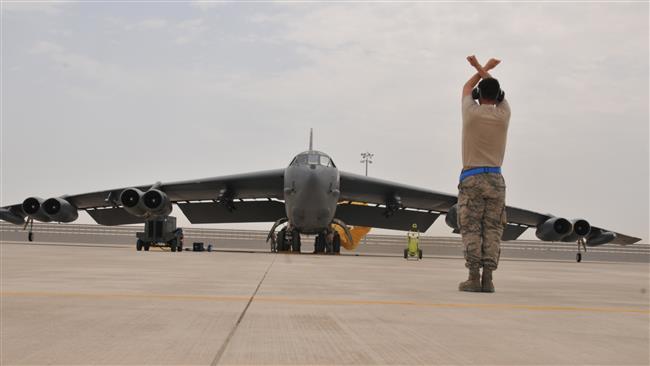




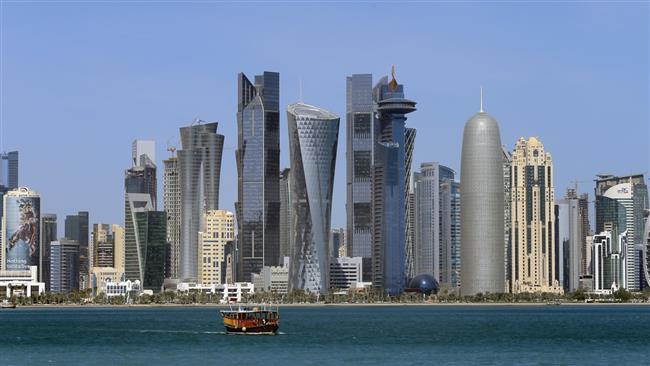

 This makes it easy to access the Press TV website
This makes it easy to access the Press TV website